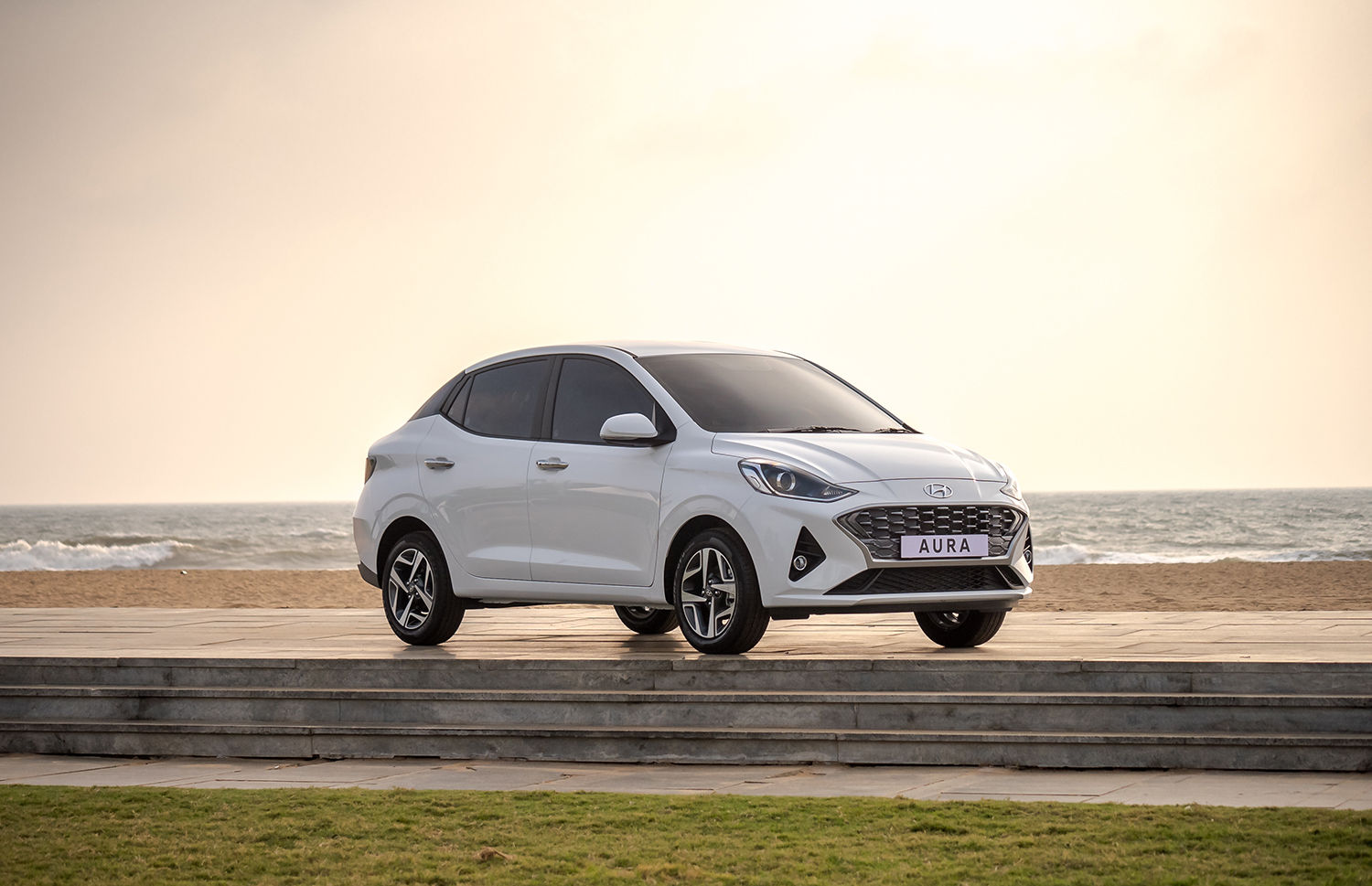Auto sector despises higher tax on diesel cars in the 2012 Union Budget
Modified On Mar 16, 2012 01:09 PM By Meenal
- Write a comment
The speculations regarding the higher tax on diesel cars have made the auto industry to lash out on the Indian government while it prepares to cut duties on the ones being imported from Europe. Also different quarters are supporting higher tax on diesel since they think the subsidized fuel is aiding the wealthy. Various auto majors like Ford India would reconfigure their business plans if the government decides to impose tax on diesel. The President of General Motors India, Mr. Lowell Paddock expects the government not to impose tax on diesel in the union budget this year since this isn’t the appropriate time for that. The cutting down of duty on imported vehicles had been a cynosure of the discussion by the Indian automobile industry that followed the recently conducted India-EU summit.

The summit was concluded with devising a comprehensive Free Trade Agreement (FTA). The government had also promised the protection of the interest of the Indian auto makers under EU-FTA and now the industry expects similar allegiance from the 2012 Union Budget. As per a senior tax professional in a member firm of a MNC, the tax structure can be rationalized by merging multiple levies under central excise to a single rate. To increase the fight of the auto makers of India a diminution in excise duty rates and abolition of National Calamity Contingent Duty is required. It might be a bit early to anticipate but in order to make India an auto manufacturing centre in future the government needs to bring forth a potent budget that benefits the Indian auto industry.















